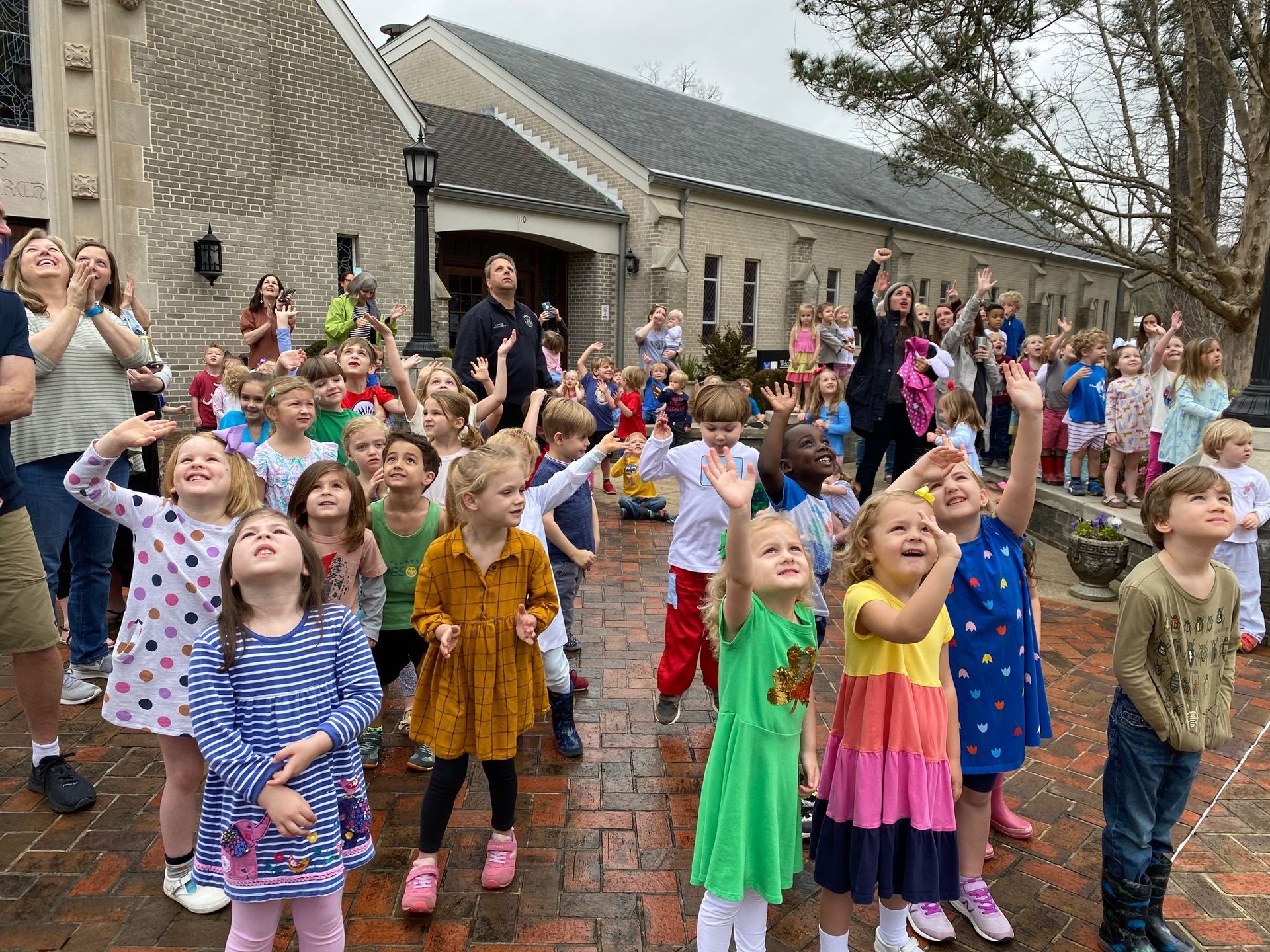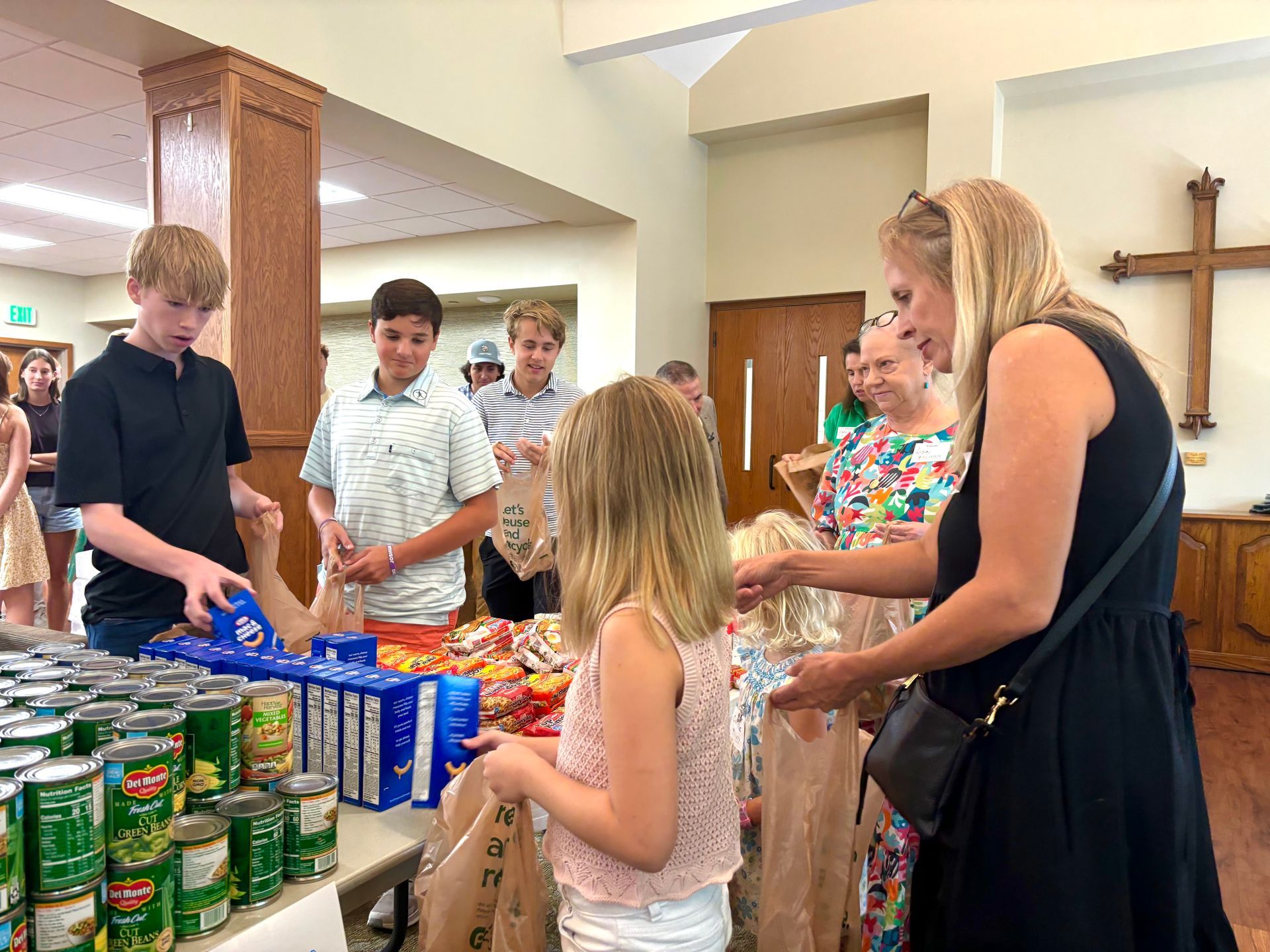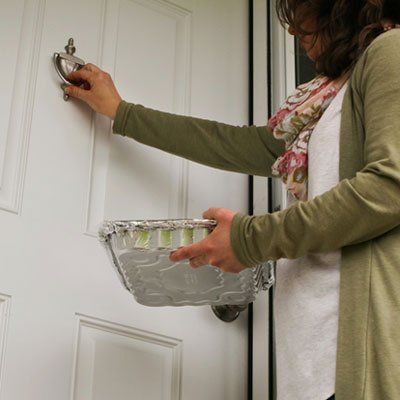

All Saints Preschool families, we are excited to offer new kid T shirts this year! Shirts will be Gildan and available in sizes 2T through 5T and Youth XS. They do tend to run small. We have a few sample shirts at the Preschool front desk if you would like to check sizing before you order. We have also added adult sizes S through XXL. Shirts are $18, and XXL is $20. All orders will be charged to the card on file. If you do not have a card on file, we will reach out by email, or you can call the Preschool front desk at 205-879-1092 to make payment. If you would like to order more than one shirt, simply submit another response.

Deadline to register is Wednesday, March 4 Join us March 13-15 for our Women's Retreat at Camp McDowell. We will practice rest, creativity, and wonder at the different ways we practice resilience-- all the while enjoying good company, good food, and wonderful, wonderful Camp McDowell. Be sure to register above. Questions, email rneislar@allsaintsbhm.org
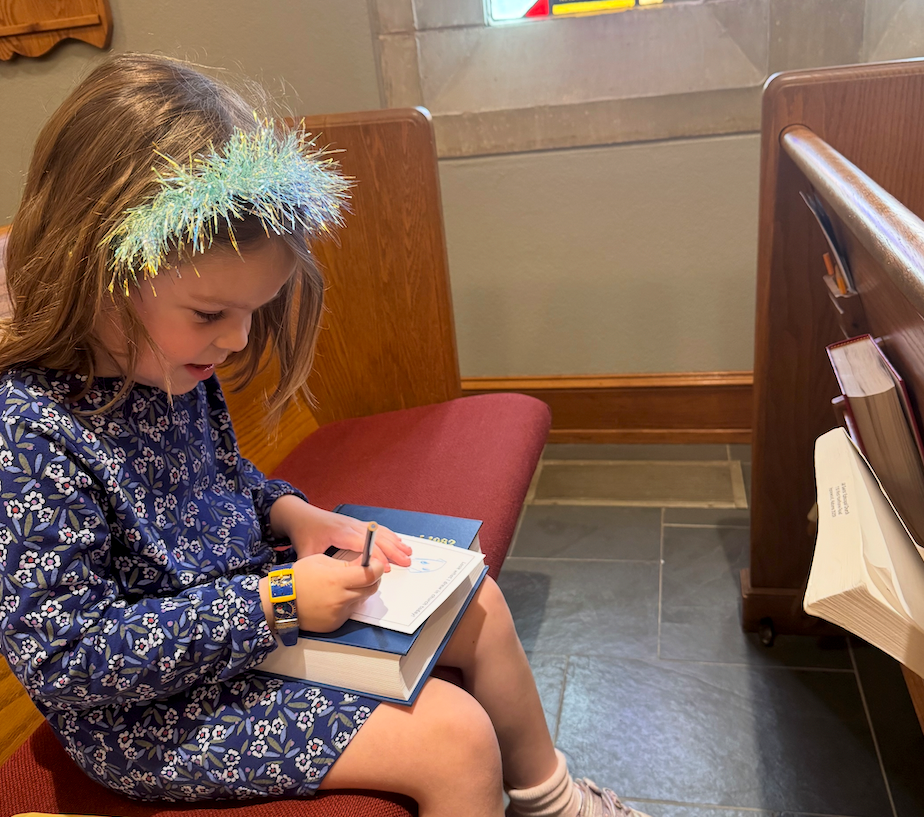
Maybe you have seen a 'Children’s Pew Art' sheet in your pew? These are meant to be a simple way to invite our young friends to draw what they see in church, picture something they hear in the Bible reading, write a letter to God, ask a question, or create a prayer. We share in nurturing their spiritual lives, just as we promise at baptism. They learn by watching and listening. They absorb what is going on around them. So enjoy watching your child draw on them. You can take yours home to reflect on during the week, or let it stay for someone else to find. We truly love discovering these colorful reflections of faith all over the church!
